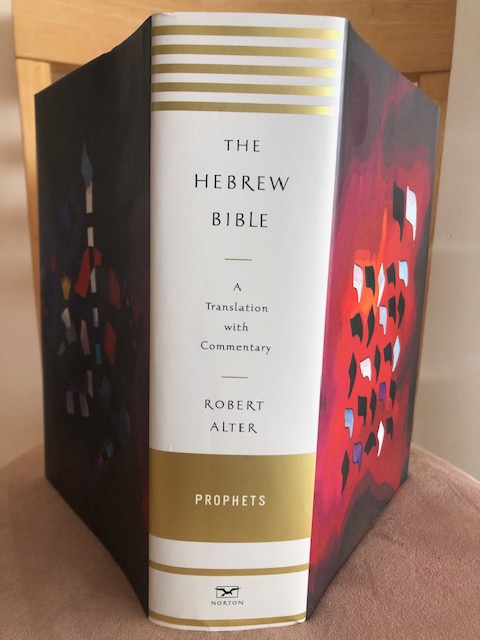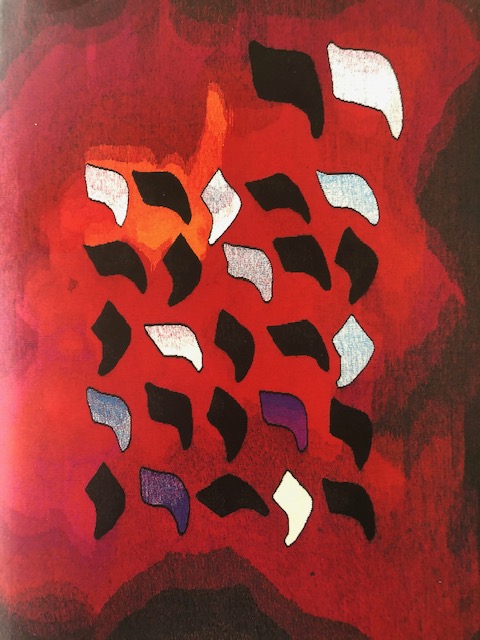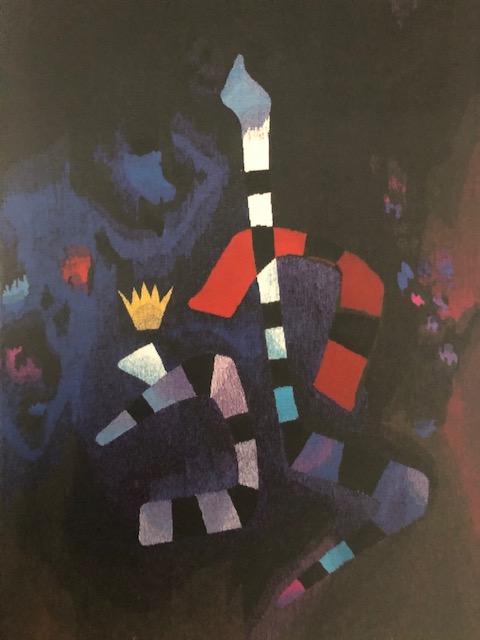Yesterday I blogged about this week’s Torah reading, the double portion of Tazria-Metzora in the Time of Corona. This Shabbat is the second day on which Rosh Chodesh Iyar is greeted, with its dedicated haftora portion from the Prophet Isaiah (Yesha’yahu).

The haftorah spans Yesha’yahu 66:1 – 66:24, and I draw your attention to one key verse that is 66:17. Its terminology is striking in light of current events:
יז – הַמִּתְקַדְּשִׁ֨ים וְהַמִּֽטַּהֲרִ֜ים אֶל־הַגַּנּ֗וֹת אַחַ֚ר אַחַת֙(כתיב אַחַד֙) בַּתָּ֔וֶךְ אֹֽכְלֵי֙ בְּשַׂ֣ר הַֽחֲזִ֔יר וְהַשֶּׁ֖קֶץ וְהָֽעַכְבָּ֑ר יַחְדָּ֥ו יָסֻ֖פוּ נְאֻם־יְהֹוָֽה:
Robert Alter translates this sentence as follows:
“Those who consecrate themselves and purify themselves to enter the gardens, following one in the center, eating the flesh of pigs, reptiles, and mice, they shall come to an end together says the Lord.”

Read that sentence again carefully, and it seems to allude to the virus-generating conditions in Chinese wildlife markets. This has resulted in environmental leaders such as Jinfeng Zhou calling for a ban on these markets. As reported in The Guardian:
“Echoing calls from experts worldwide who have denounced the trade for its damaging impact on biodiversity as well as the spread of disease, Jinfeng Zhou, secretary general of the China Biodiversity Conservation and Green Development Foundation (CBCGDF), said the ban failed to address the root cause of the outbreak, which was poor regulation and high levels of illegal trade.
The flu-like virus is believed to have emerged from Huanan seafood market in the industrial city of Wuhan where wild animals such as snakes, porcupines and pangolins were kept alive in small cages while waiting to be sold. The national ban means the trade of wild animals will not be allowed in markets, restaurants or on e-commerce sites until the coronavirus outbreak ends, Chinese officials said on Sunday …
The temporary ban has put the spotlight on China’s poorly regulated wildlife trade, which is driven by the country’s appetite for traditional medicines and exotic foods. Before Huanan seafood market was closed on 1 January, it contained 30 species of animal, including live wolf pups, salamanders, golden cicadas, civets and bamboo rats.
Animals sold in these markets are often kept in filthy conditions and left to fester in their own waste, which means they incubate diseases that can then spill into human populations. Similar markets are found all over the country and have been the source of outbreaks in the past.”


Interesting!
On Thu, Apr 23, 2020 at 12:53 PM Pressvision’s Blog wrote:
> Leonard J. Press, O.D., FAAO, FCOVD posted: “Yesterday I blogged about > this week’s Torah reading, the double portion of Tazria-Metzora in the Time > of Corona. This Shabbat is the second day on which Rosh Chodesh Iyar is > greeted, with its dedicated haftora portion from the Prophet Isaiah > (Yesha’yahu)” >
Timely and powerful insights